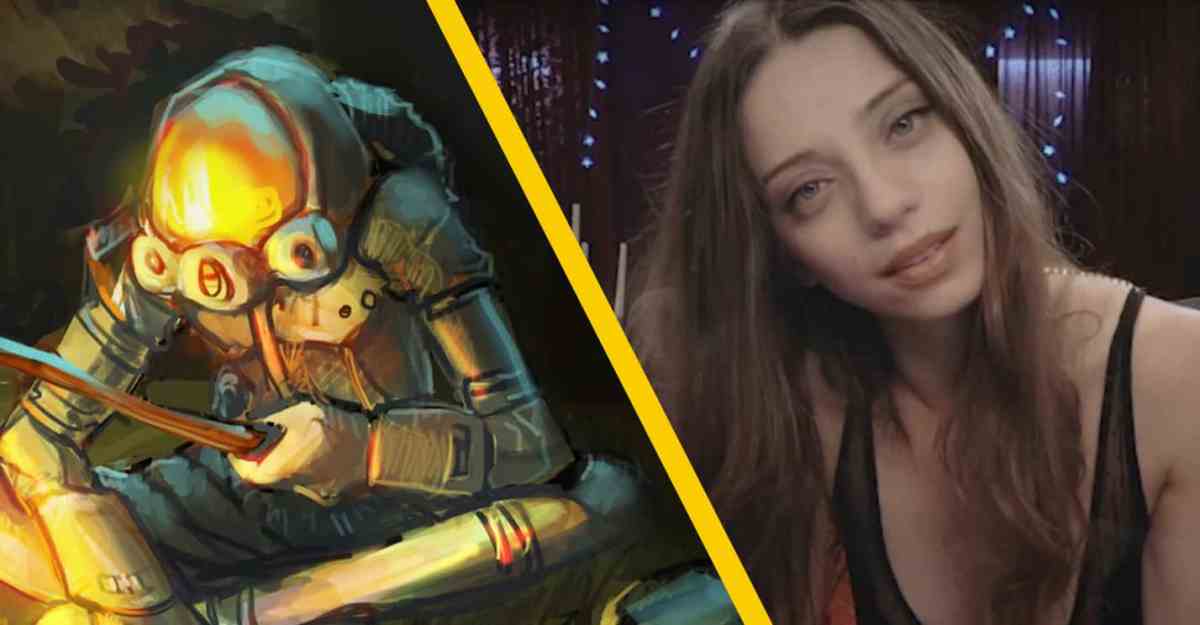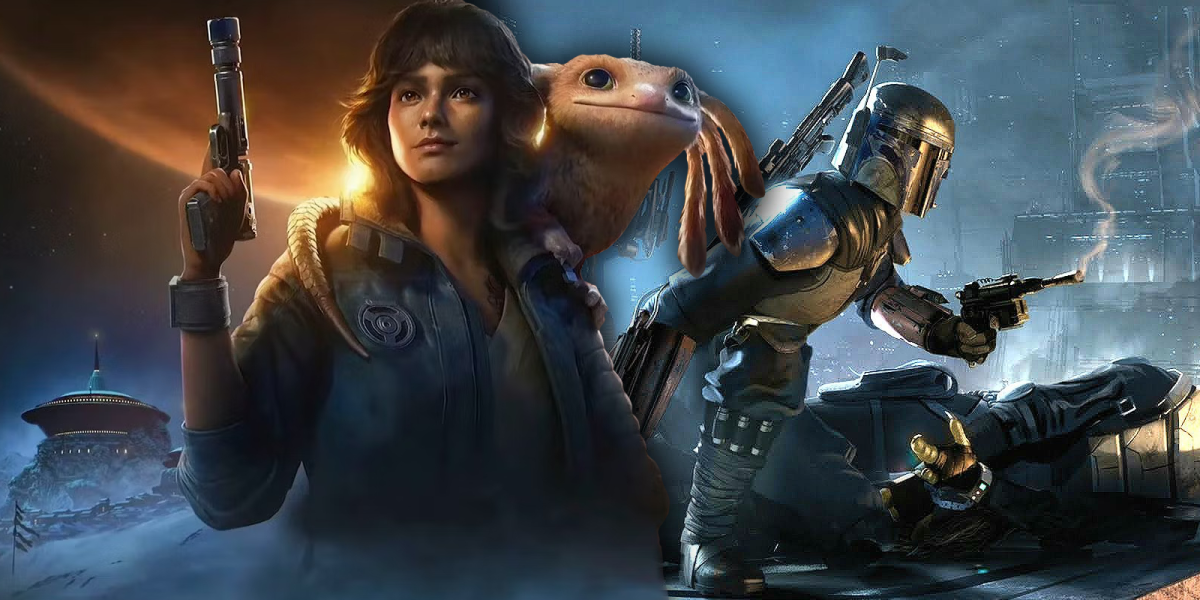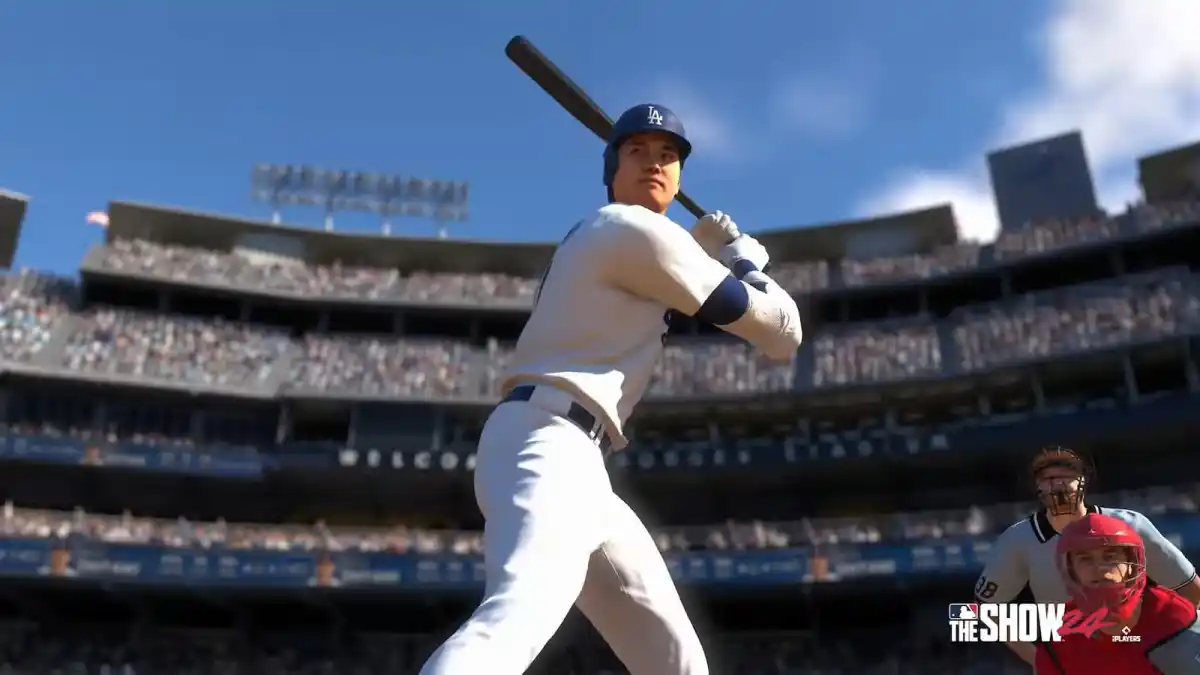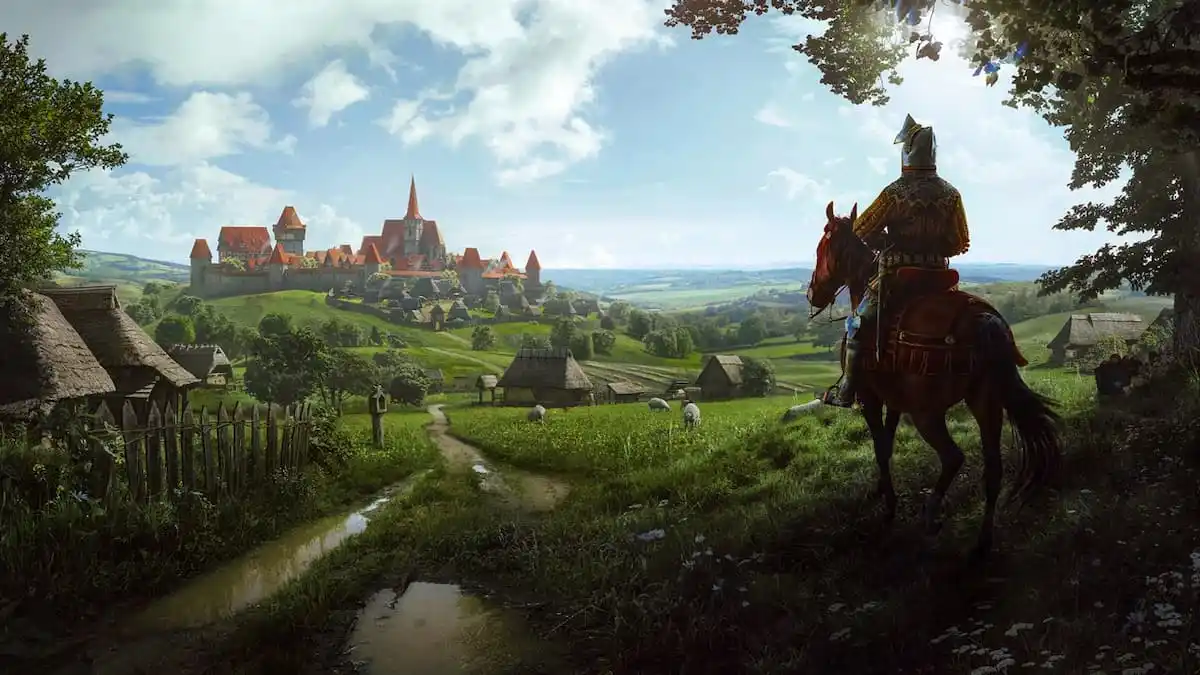A good video game has the uncanny ability to make you feel like you’re someone or something other than yourself. But while countless games let us feel what it might be like to live as a superhero, space pirate, or survivor of a zombie apocalypse, one role that hasn’t been given its proper respect in our medium is that of a detective. All that changed in 2019, when games like Outer Wilds, Telling Lies, and a handful of others helped deliver experiences that would make Sir Arthur Conan Doyle and Dashiell Hammett proud.
Clearly there were games featuring detectives long before 2019. From Professor Layton to Batman: Arkham City to Grim Fandango, embodying a gumshoe is nothing new to games. But there’s a big difference between a game where you play as a detective and a game that makes you think like a detective.
Professor Layton gets to the bottom of his whimsical mysteries by solving a series of brain teasers, logic puzzles, and riddles that are certainly entertaining, but they could exist just as well in a vacuum outside the game. Likewise, the Arkham games gave Batman detective vision, which was less about replicating the work of an actual detective and more a means of displaying auxiliary information to assist in stealth, combat, and traversal, which has become almost standardized in games like Tomb Raider, Assassin’s Creed, and The Last of Us.
Then there’s Grim Fandango, an homage to classic film noir set in a Day of the Dead-inspired world, and one of my absolute favorite games ever made. But your role as a detective is limited to the classic point-and-click formula that LucasArts helped perfect throughout the ‘90s. The logic in these puzzles is less grounded in reality and more in the rules of video games themselves.
But 2019 provided something a bit different. Amidst the tense combat of Sekiro and beautiful vistas of Death Stranding were a handful of smaller games that tapped into the true feeling of being a detective in a way that few experiences prior had managed to accomplish.
Outer Wilds is a game where you play as an amateur cosmonaut who travels around 10 or so planets and celestial bodies in your solar system. On each location, you come across various bits of messages and recordings from alien visitors, all regarding… something. Your goal is to piece together those messages and communications into a coherent narrative, with the catch being that every 22 minutes the bright star at the center of the universe goes supernova, enveloping all life around it in a blinding finality. And then the universe resets, the cycle repeats, and you once again wake up 22 minutes prior to the sun going supernova. You don’t take things back with you to the beginning of the cycle, but rather the knowledge, wisdom, and tidbits you managed to gather during your cycle.
That last bit is what truly makes one feel like a detective. Not fancy gadgets or a superhuman way to perceive the world around you, but rather a slow accumulation of information coupled with the realization of how it all fits together and, ultimately, what to do with it. Piecing together puzzles is at the core of good detective work, and the structure of Outer Wilds lends itself well to this. Just a few minutes into the game, you’re given access to a small spaceship that allows you to leave your peaceful planet of Timber Hearth and begin exploring the wider universe. You have complete freedom as to which location you visit next, from the serene darkness of your planet’s moon, to the raging seas of Giant’s Deep, to the mysterious depths of Dark Bramble.
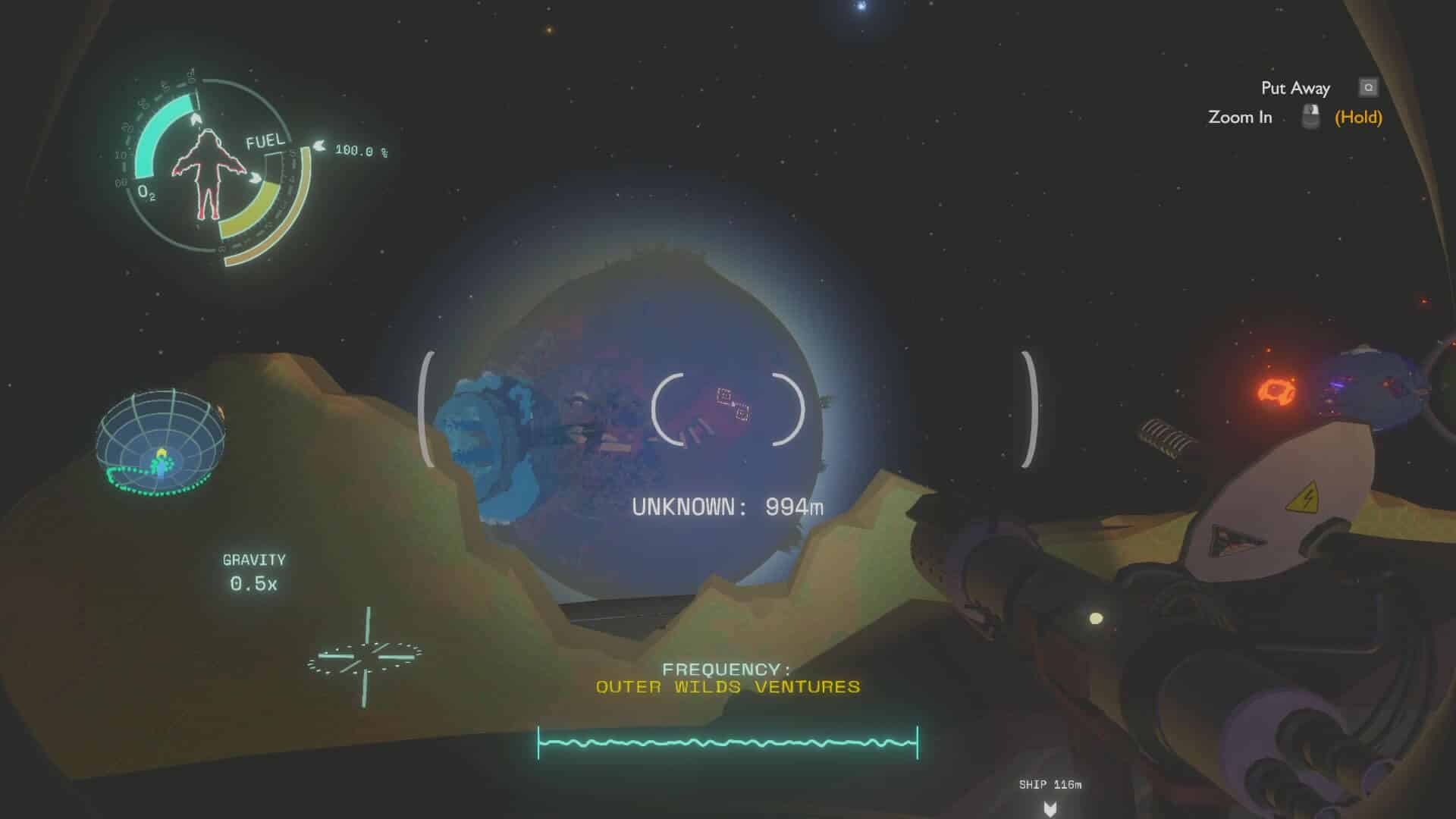
The thing about gathering information and slowly unraveling the mysteries of Outer Wilds is that no matter where you start exploring, you’re bound to come across a bunch of recordings that flesh out the greater story of the world. You’ll begin to make connections between a name found on one planet and an event described on another. Clues will help you reach new locations on another planet or learn how the rules of a strange world might work. With each bit of new information, it’s like you’re taking a step back from a pointillist work of art. What starts as just a series of dots and colors begins to take shape as you gain an appreciation for how it all fits together.
A similar feeling of realization comes in Telling Lies, Sam Barlow’s follow-up to 2015’s ground-breaking Her Story. Telling Lies has you sifting through hours of webcam footage taken by four main characters and broken up into tiny chunks ranging in length from a few seconds to over 10 minutes. The only way to navigate this sea of footage is by tying in a word spoken in any given clip. The catch is that you only get the first five search results for each word chronologically, meaning that you need to begin discovering more obscure words to begin zeroing in on specific chunks of the story.
Perhaps someone uses a city’s name for the first time. You can now type in that name to find more clips where the city is spoken about, which begins to illuminate what event might have occurred there. Another wrinkle is that each clip has you listening to just one side of what’s oftentimes a two-sided communication. In order to find the corresponding clip, you need to examine how the character is naturally responding in the conversation and type in a word that the other party is likely to have used. This slow unraveling had me tapping into a part of my brain that video games rarely have me use.
In Outer Wilds and Telling Lies, “solving” the mysteries requires observation, curiosity, empathy, objectivity, and a little bit of luck. It’s less about understanding the rules that the game’s systems set up and more viewing the information you’ve gathered from a wider lens. They also fall into that category of games I play with a notebook on hand, constantly jotting down notes, thoughts, and ramblings that make me feel like Charlie trying to piece together the mystery of Pepe Silvia on It’s Always Sunny in Philadelphia. For me, a good mystery seeps out of the fiction and slowly begins to spill into your real life, which is absolutely what happened with these two games.
Aside from Outer Wilds and Telling Lies, 2019 was a banner year for making you feel like a detective. There was Hypnospace Outlaw, a game set entirely in an alternate version of the internet circa 1999, which creatively gamified the act of going down a Wikipedia rabbit hole. Disco Elysium, an RPG that I’ve sung the praises of before, chops up the various personality and psychological traits of a detective into 24 unique skills that you can level up and end up being personified through the game’s robust dialogue system. And though it originally released on PC in 2018, the 2019 console ports of Return of the Obra Dinn introduced a wider audience to the world of a 19th century insurance adjuster tasked with using a magical pocket watch to piece together the tragic events surrounding the disappearance of a ship’s crew. Three games, three very different genres, but all building upon the accumulation, storage, and ultimately use of knowledge and wisdom.
Be it an RPG, first-person exploration, or a recreation of a computer’s desktop, the act of thinking and feeling like a detective can exist across practically any genre. Instead of relying on disparate puzzles or some kind of superhuman vision, games are now tapping into the core tenets of what it takes to solve a mystery and translating them into systems and mechanics that help you move one step closer to feeling like a genuine detective. But be sure to have your notebook handy, just in case.

